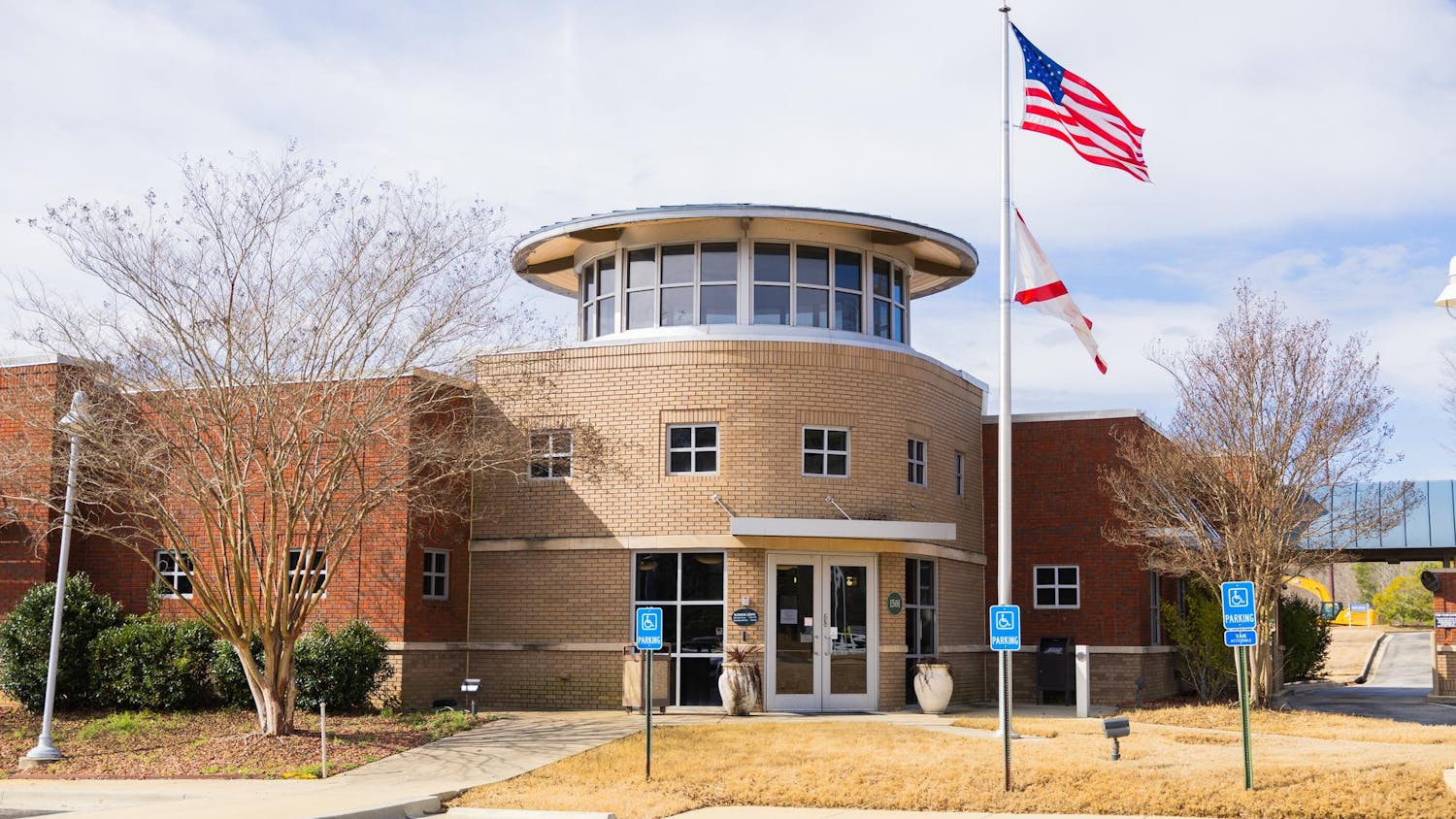Complying with the Americans with Disabilities Act often times means reworking designs and rethinking spaces to make them accessible to everyone. The standards established by the act have been altered over time, and continue being reworked 30 years later.
“With the ADA, the primary purpose is providing accessibility to everybody,” said Kevin Rice, Americans with Disabilities Act Compliance Officer for Opelika. “In layman’s terms, it’s evening the playing field.”
The Americans with Disabilities Act was created in 1990 as a set of guidelines for government and commercial buildings and property. It was revised in 2012, which stands as the current set of requirements.
“There are five portions of the ADA,” Rice said. “Often times, we talk about the government aspect and how it affects municipalities as well as private businesses, but it also reaches into human resources, employment applications and telecommunications with things like closed captioning on TV.”
To keep up with requirements, Opelika has recently reworked intersections along 10th Street, providing sidewalk accessibility through curb cuts and pedestrian signals, as well as repairing current sidewalks, Rice said.
Only about 15% of Opelika’s sidewalks currently meet ADA standards, and the city is still working on a lot of its buildings, Rice said.
The City of Opelika plans to spend about $5 million on ADA compliance for city services, city buildings and public spaces in the next three to five years, Rice said. There is also a five-year plan in place to evaluate every public-owned facility within the city and determine how they can be improved for accessibility.
“Just about every city throughout the United States of America is somewhere in the transition process of trying to become ADA compliant,” Rice said. “Each municipality runs the risk of waiting. It’s just a matter of time before it becomes an issue.”
For Opelika, funding for ADA projects comes from the city’s operating budget, Rice said. There are grants available, but the city has not yet been awarded one.
“[The city] will utilize an ADA checklist which takes ADA laws and regulations and breaks it down into manageable terms,” Rice said. “We look at everything from doorways, entryways, access aisles, parking, all the way to what is the height and space of a water fountain and toilets, how fast a door closes — all of these things fall under the ADA.”
Buildings that have not been renovated since 1990 fall under safe harbor provisions, which exempts them from ADA requirements, Rice said. However, the city plans to make older buildings accessible instead of relying on safe harbor.
The ADA falls under the jurisdiction of the Department of Justice, which can both work with municipalities and businesses or go to court over a lack of ADA compliance. Fines can be assigned to offending municipalities and businesses, but there is no timeline to become fully compliant.
“As far as actual formal complaints, we’ve received one in the early 2000s,” Rice said. “Since coming on board here in February, I’ve dealt with three different businesses. I’ve had citizens of the community notice violations of the ADA at private businesses.”
Rice advises these businesses, reaching out and showing how to comply with ADA guidelines. He has jurisdiction over municipal properties, but can only serve private businesses as an adviser.
“The Small Business Administration does have some grants and loan programs available to [businesses],” Rice said. “Often times, it just requires a reasonable accommodation, so every business isn’t able to meet the full letter of the law.”
The ADA applies to places of public accommodation, Rice said. For small businesses with 14 or fewer employees, they are not required to follow the ADA unless there is a reasonable request or it is considered a place of public accommodation such as a store or restaurant.
Municipalities with less than 50 employees are not required to have an official ADA coordinator.
The Auburn University Office of Accessibility serves to help students with disabilities by providing accommodations around campus and in the classroom.
“Our office currently has a little more than 2,000 students registered in some capacity,” said Barclay Bentley, assistant director for accessibility. “That’s everything from physical disabilities, students who use wheelchairs, deaf, blind, all the way to processing issues like ADHD, mental health and other learning difficulties.”
A few older buildings on campus have accessibility challenges, though most newer or renovated buildings provide ample access for disabled students, Bentley said. The Office of Accessibility has the ability to move classes to different buildings or different floors if necessary to assist students.
“There’s no limit to where [disabled students] can live as far as on-campus housing,” Bentley said. “We’ve had a couple people in dorms with hearing impairments where we’ve had to get a different fire alarm installed in their rooms so they could see the flashing light since they couldn’t hear the fire alarm.”
The Office of Accessibility is also working to help mobility-impaired students to access dumpsters and laundry rooms, Bentley said.
ADA improvements around campus include sidewalk ramps, yellow-painted steps and truncated domes in the sidewalk at intersections, Bentley said. There are also door buttons and elevators for most buildings.
“Our goal is universal design,” Bentley said. “The goal is to make everything accessible to everybody the first time.”
Grocery store doors, for example, open for everyone without effort, Bentley said. Improvements such as those are examples of universal design in effect.
“A lot of your technological advances have derived from the ADA and companies’, cities’, municipalities’ commitment towards making things accessible,” Rice said. “The overwhelming winner out of all of this is the citizens and guests of the City of Opelika.”
Do you like this story? The Plainsman doesn't accept money from tuition or student fees, and we don't charge a subscription fee. But you can donate to support The Plainsman.





